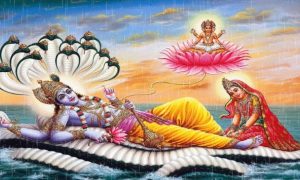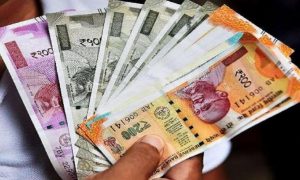Shardiya Navratri 2022: Navaratri festival is observed in honour of mother Goddess Durga. It is one of the most revered Hindu festivals and spans over nine nights (and ten days). It is observed twice a year. First in the month of Chaitra (March/April of the Gregorian calendar) and again in the month of Ashwini (which typically falls in the Gregorian months of September and October). Here we will talk about the latter one which is Sharadiya Navratri. Interestingly, it takes place at the same time as the Nine Emperor Gods Festival in China and South East Asia.
Date of Navaratri 2022
Navaratri 2022 will begin on Monday, 26 September, and ends on Wednesday, 5 October
2022 Sharada Navratri: Shubh Muhurat Ghatasthapana
Ghatasthapana is one of the important rituals during Navratri and marks the beginning of nine days of festivity. There are well-defined rules and guidelines to perform Ghatasthapana during a certain period of time at the beginning of Navratri. Ghatasthapana is an invocation of Goddess Shakti. Doing it at the wrong time might bring the wrath of the Goddess Shakti. It is not allowed during Amavasya and nighttime.
Ashwina Ghatasthapana is on Monday, September 26, 2022
Ghatasthapana Muhurat – 06:11 AM to 07:51 AM
Duration – 01 Hour 40 Mins
Ghatasthapana Abhijit Muhurat – 11:48 AM to 12:36 PM
Duration – 00 Hours 48 Mins
Shubh time to do Ghatasthapana
First one-third of the day (while Pratipada is prevailing) is the most auspicious time to do Ghatasthapana. If for some reason(s) this time is not available then Ghatasthapana can be done during Abhijit Muhurta.
Advice
One should avoid Nakshatra Chitra and Vaidhriti Yoga during Ghatasthapana. However, those are not prohibited. The most important thing to keep in mind is that Ghatasthapana is done before Hindu midday while Pratipada is prevailing.
Factors prohibited for Ghatasthapana
For Ghatasthapana, the factors which are prohibited are afternoon, night time, and any time beyond sixteen Ghatis after sunrise. Ghatasthapana is also known as Kalash Sthapana (or Kalashsthapana).





































